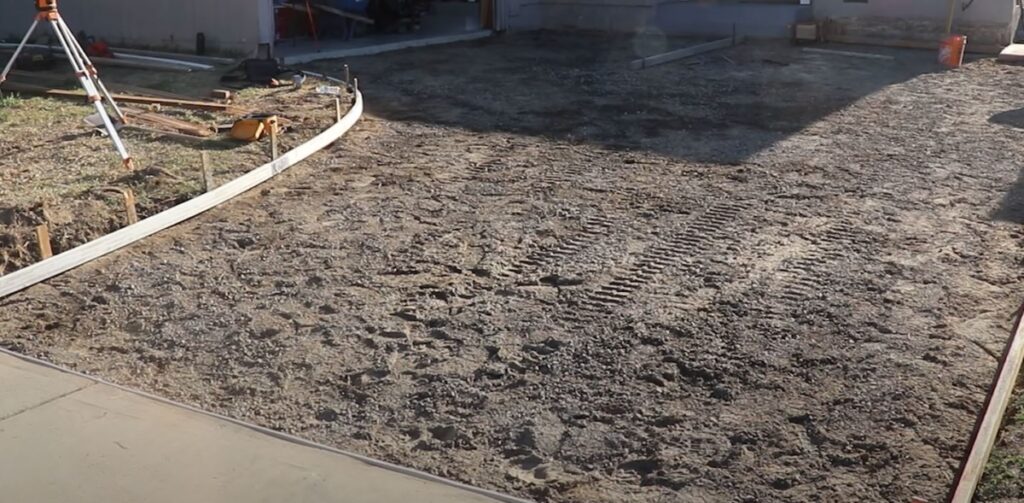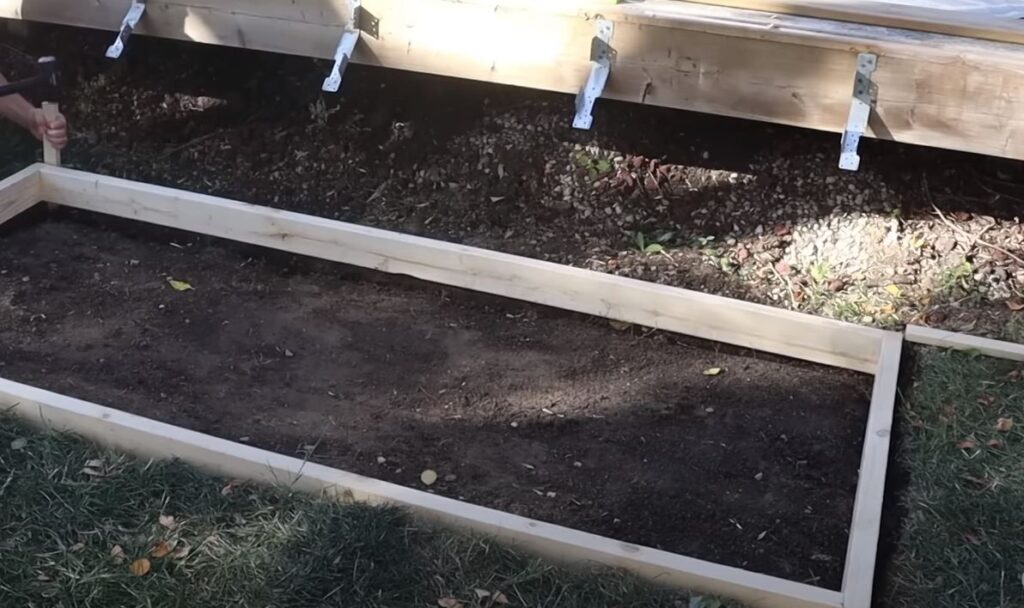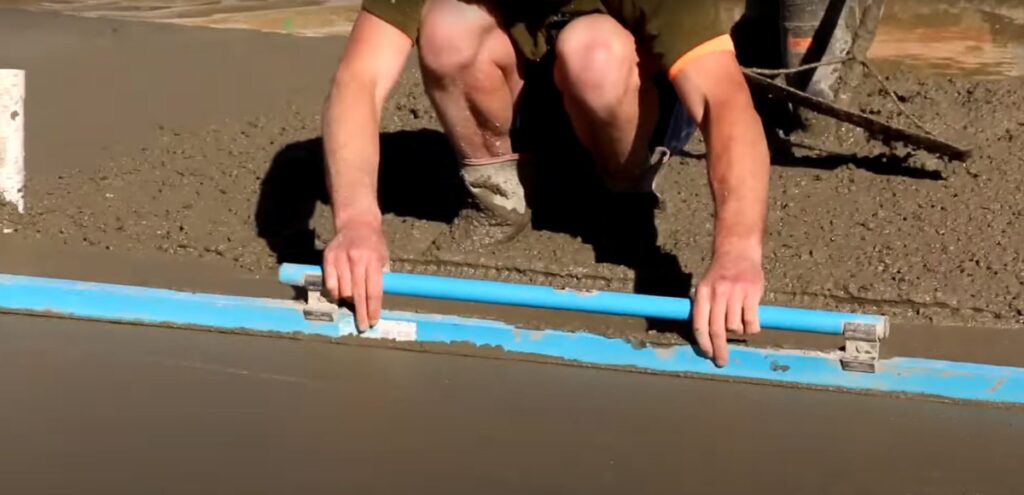Understanding Driveway Gradients: The Basics
In the ever-changing landscapes of Auckland, from the sloping hills of Titirangi to the urban terrains of Remuera, driveways can be a critical aspect of home design. The steepness of a driveway, referred to as its gradient, is a subject of both engineering and regulatory considerations.
Regulations and Standards in New Zealand
New Zealand’s regulations stipulate the maximum and minimum gradients for driveways to ensure safety and usability. Generally, the gradient should be between 1:20 and 1:5 (5% to 20%). However, exceptions apply based on factors such as local topography and the specific Auckland suburb.
Technical Aspects of Driveway Gradient Design
The gradient design involves calculating the angle between the driveway and a horizontal plane. The factors to consider include:
- Length of the driveway: Longer driveways may allow for a steeper gradient
- Type of vehicle: Considering the types of vehicles that will use the driveway
- Weather conditions: Special considerations in areas prone to heavy rain, such as North Shore
- Surface material: The choice between asphalt, concrete, or other materials
Engaging a professional service like Professional Concrete Driveways Auckland can help navigate these considerations.
Health and Safety Aspects in Driveway Construction
Constructing a concrete driveway involves various health and safety concerns:
- Gradient Safety: Too steep a gradient can lead to vehicle control loss; too shallow can lead to water pooling
- Material Handling: Proper handling of construction materials to avoid health risks
- Construction Safety: Ensuring safety measures during construction, especially in challenging terrains like those in Howick
Concrete Driveways: Pros and Cons
Concrete driveways are popular in Auckland for their durability and appearance. Here’s a look at the pros and cons:
- Pros:
- Durable and long-lasting
- Customizable in terms of colour and texture
- Suitable for varying gradients
- Cons:
- More expensive than asphalt
- Requires professional installation
- Potential for cracking if not installed correctly
Environmental and Aesthetic Considerations
Sustainability and aesthetics play a role in concrete driveway design. Sustainable practices include recycling and using eco-friendly materials. Aesthetic considerations may vary across Auckland, with preferences in suburbs like Parnell leaning towards more elegant designs.
Cost Factors in Driveway Construction
The cost of constructing a driveway in Auckland can vary based on:
- Size and Gradient: Larger and steeper driveways can be more expensive
- Materials: Concrete might be costlier than other materials but offers durability
- Local Regulations: Compliance with local rules might affect costs
Why Choose Professional Concrete Driveways Auckland?
For Auckland residents looking to build a driveway that meets regulations, offers aesthetics, and ensures safety, Professional Concrete Driveways Auckland provides the expertise and local knowledge required. Their understanding of the unique terrains and preferences across different Auckland suburbs ensures quality work that aligns with individual needs.
Frequently Asked Questions
1. What is the Maximum Allowed Steepness for a Driveway in NZ?
In New Zealand, the general guideline for driveway steepness or gradient is between 1:20 and 1:5 (5% to 20%). However, specific regulations may vary depending on local topography and the particular Auckland suburb.
2. Are Concrete Driveways Suitable for Steep Gradients?
Yes, concrete driveways are suitable for varying gradients and are often preferred for their durability and appearance. Professional installation, as offered by Professional Concrete Driveways Auckland, ensures proper construction for steep terrains.
3. How Do I Determine the Right Gradient for My Driveway in Auckland?
Determining the right gradient involves considering factors like the length of the driveway, types of vehicles using it, local weather conditions, and surface material. Consulting with a professional service like Professional Concrete Driveways Auckland provides expert guidance tailored to Auckland’s specific needs.
4. What Are the Health and Safety Concerns in Driveway Construction?
Health and safety concerns include proper handling of construction materials, ensuring safe gradients to avoid vehicle control loss, and following safety measures during construction. Adherence to local regulations and standards is also critical, particularly in unique Auckland terrains.
5. How Can I Ensure Environmental Sustainability in Driveway Construction in Auckland?
Environmental sustainability can be achieved by using eco-friendly materials, recycling, and adhering to sustainable construction practices. Engaging a service like Professional Concrete Driveways Auckland ensures that environmental considerations are met, aligning with the local preferences and regulations of different Auckland suburbs.
References
- New Zealand Transport Agency (NZTA) (2019). Guidelines for the Design of Off-street Car Parking Facilities.
- Auckland Council (2016). Auckland Unitary Plan – Technical Specifications for Vehicle Access.
- Branz Corporation (2005). Driveway Design & Construction – A Practical Guide.
- Pomeroy, S., & Martin, R. (2012). Sustainable Concrete Construction Practices in New Zealand. University of Canterbury.
- NZ Standards (2017). Health and Safety Guidelines in Construction. Standards New Zealand.




